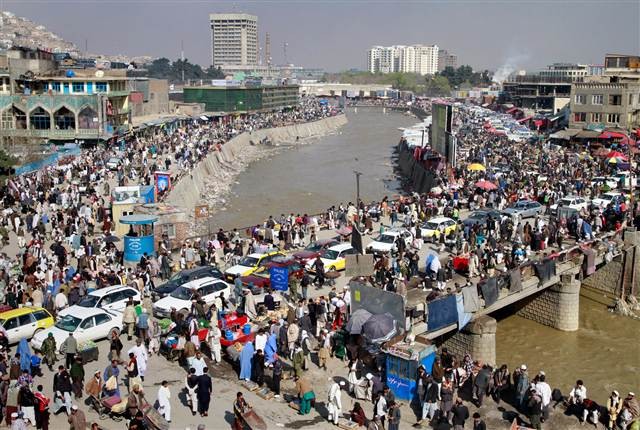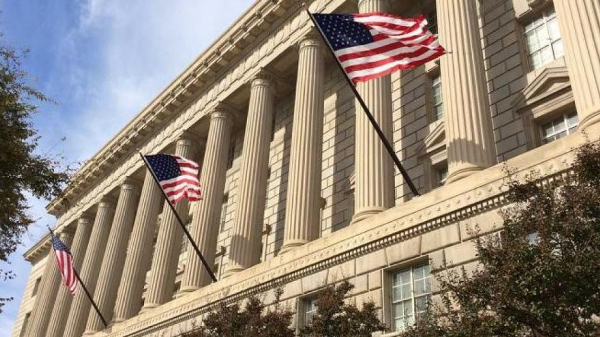The Afghanistanian economy tanked after large numbers of coalition troops and the jobs created to support them left the country, indicating a 16-year, $122 billion reconstruction effort failed to develop a sustainable economic system, according to a US watchdog agency.
Businesses that boomed in Afghanistan during the height of the international mission were in construction and logistics for international troops and aid organizations. Once most of the troops left in 2012, the country’s economy, which once enjoyed double-digit growth, stopped growing, according to the Special Inspector General for the Reconstruction of Afghanistan report released Thursday.
"Any hope that the upward trend would be lasting was an illusion," SIGAR boss John Sopko said Thursday in prepared remarks for a speech at a Washington-based think tank.
The speech coincided with the release of the SIGAR report, which examined U.S. government’s support to private-sector development in Afghanistan since 2001.
The report cited multiple mistakes made by policymakers. Financial aid often encouraged corruption, experts lacked expertise in Afghanistan, and there was not enough aid given at the beginning of the war and too much money given at the height of it, the report said.
Per capita income rose quickly after the invasion, increasing from $117 per person in 2001 to a peak of $669 in 2012. Growth dropped significantly beginning in 2013, in parallel with the drawdown of coalition military and civilian personnel. This "confirmed that much of the growth was driven largely by the international presence," the report stated.
Afghanistan has relied on foreign aid in recent decades. When money from the Soviet Union dried up in the early 90s, the Afghan government collapsed, leading to a bloody civil war and the rise of the Taliban. Without a strong economy, the Afghan government continues to depend on international money, Sopko said.
"Even if the Taliban signs a peace deal tomorrow, the Afghanistanian government still relies on international donors to cover roughly half of its budget," Sopko said. "Our soldiers may come home, but our wallets will have to stay behind."
Experts underestimated the severity of Afghanistan’s economic woes, the report said, with one estimate in 2001 stating the country would need just $10 billion in developmental aid over a decade.
LINK: https://www.ansarpress.com/english/9921
TAGS:































 South Korea may punish Tesla
South Korea may punish Tesla 




